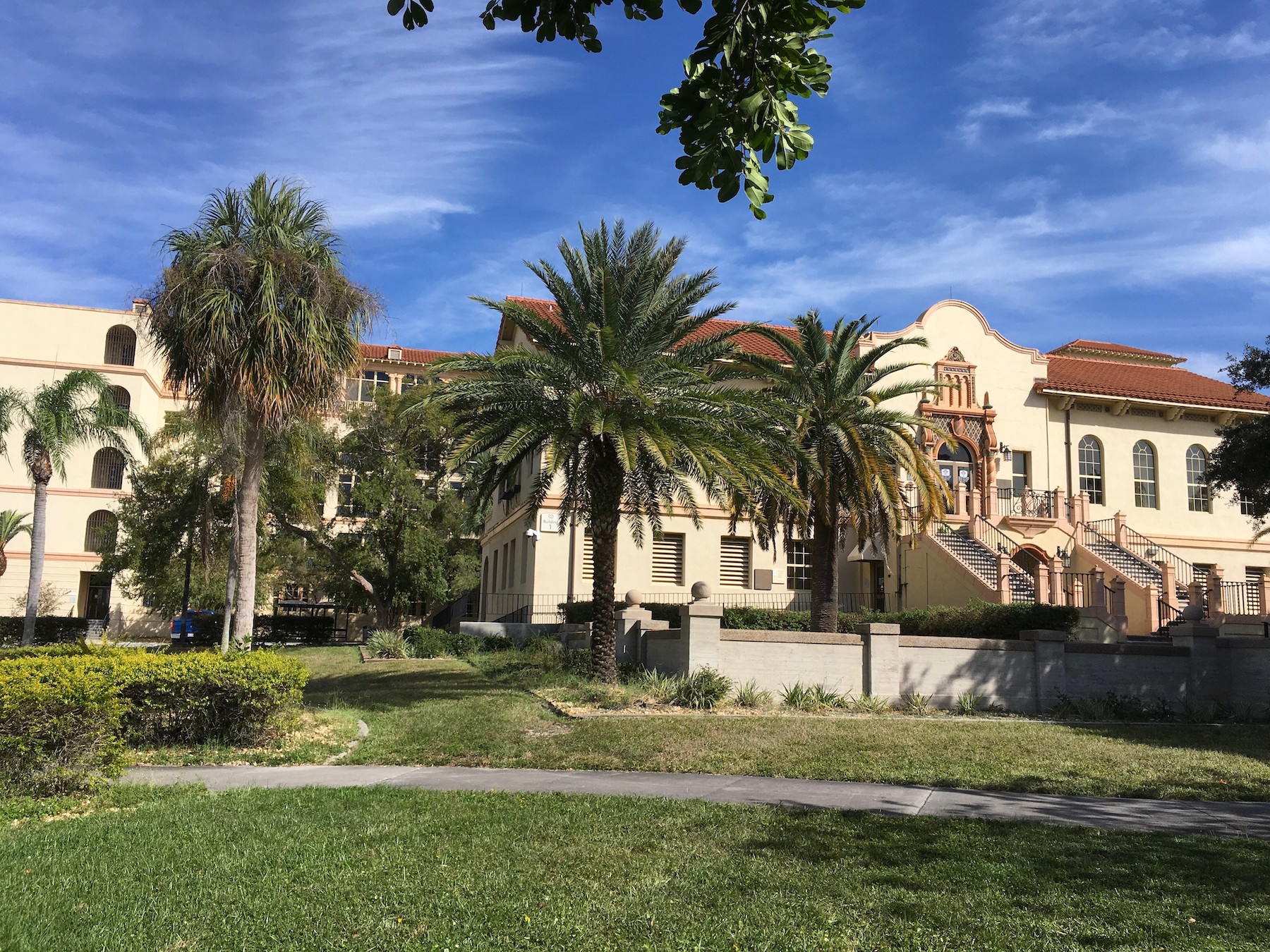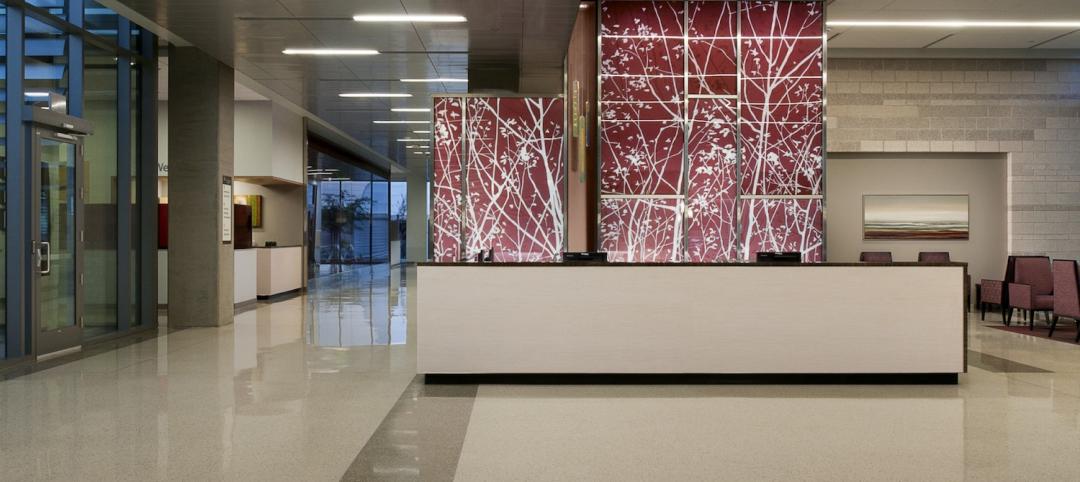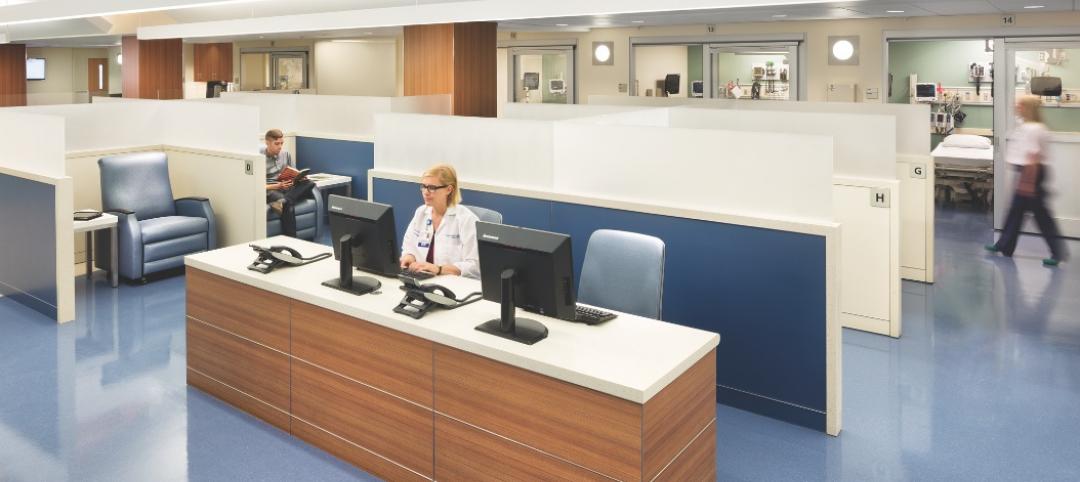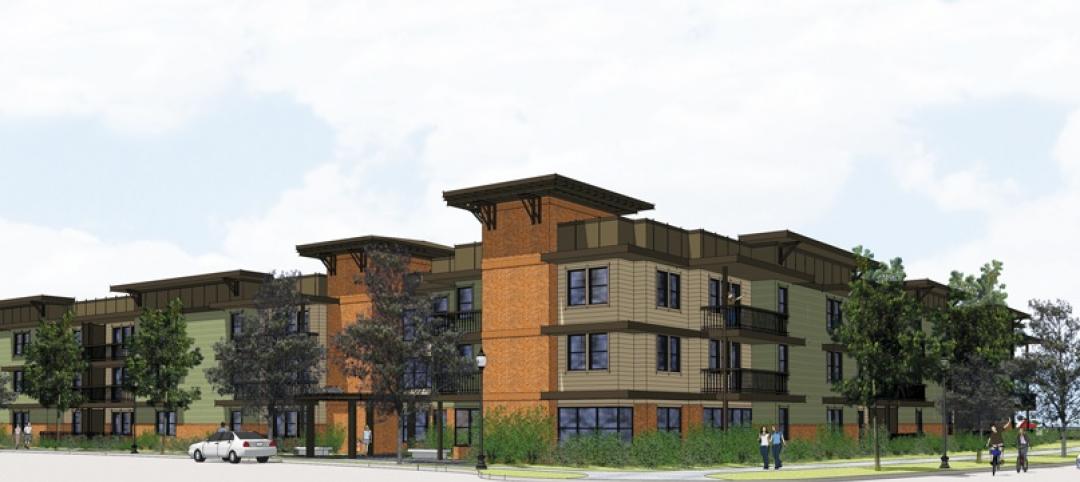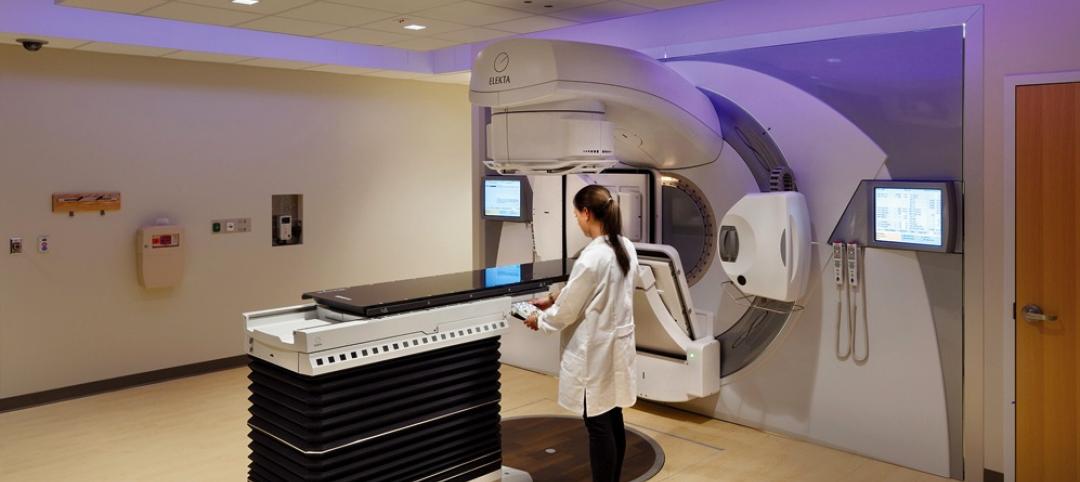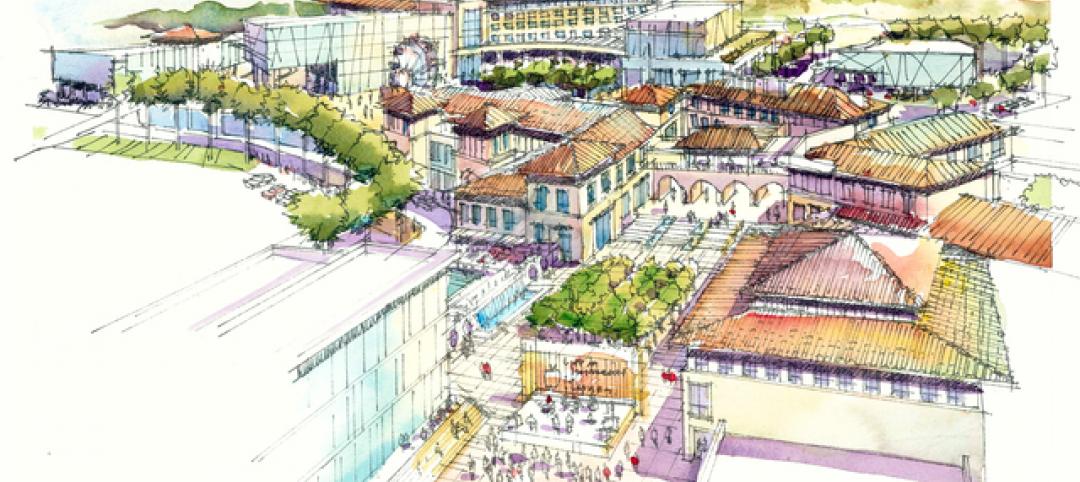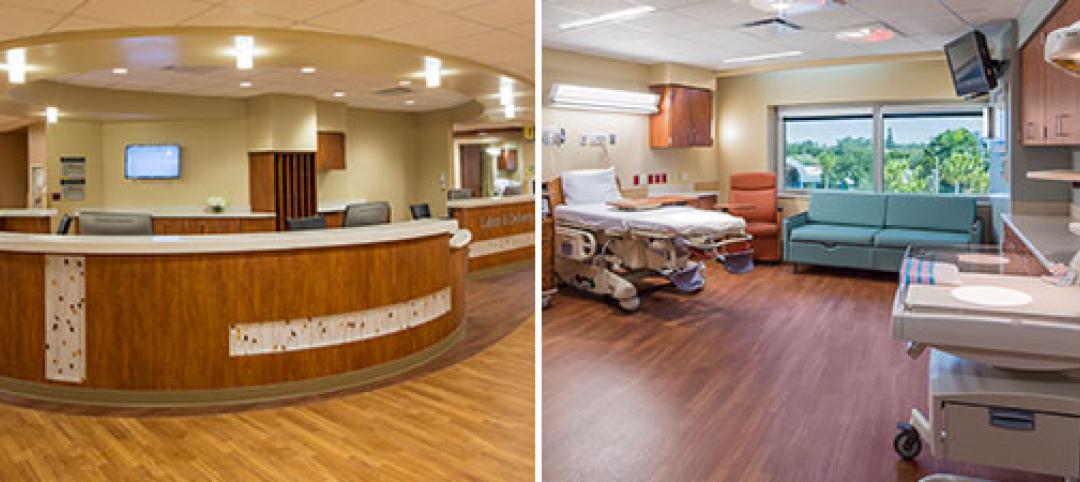Building One was constructed in 1933 as the main hospital on the Veterans Administration’s Bay Pines (Fla.) Medical Campus. At that time, it was known as the National Home for Disabled Volunteer Soldiers. But after a larger replacement hospital was built in 1983, Building One’s role changed to where its first floor currently houses the healthcare system’s Veterans Canteen Services that include a food court, retail store, and barber shop.
The building also offers behavioral health services, and space for administration and support.
Now, a joint venture of the general contractors Eamon Chase, Inc., and Robins & Morton has taken on what will be a two-year interior renovation of the 94,000-sf Building One’s second through fifth floors that convert those spaces, which had previously been classified for institutional and hospital occupancy, to business occupancy to accommodate primary care outpatient services.
The JV team will also conduct a partial renovation of Building One’s first floor and attic levels, as well as exterior work that includes a new accessible covered entry, parking improvements, and landscaping.
THE MAIN HOSPITAL’S KITCHEN GETS A MAKEOVER, TOO
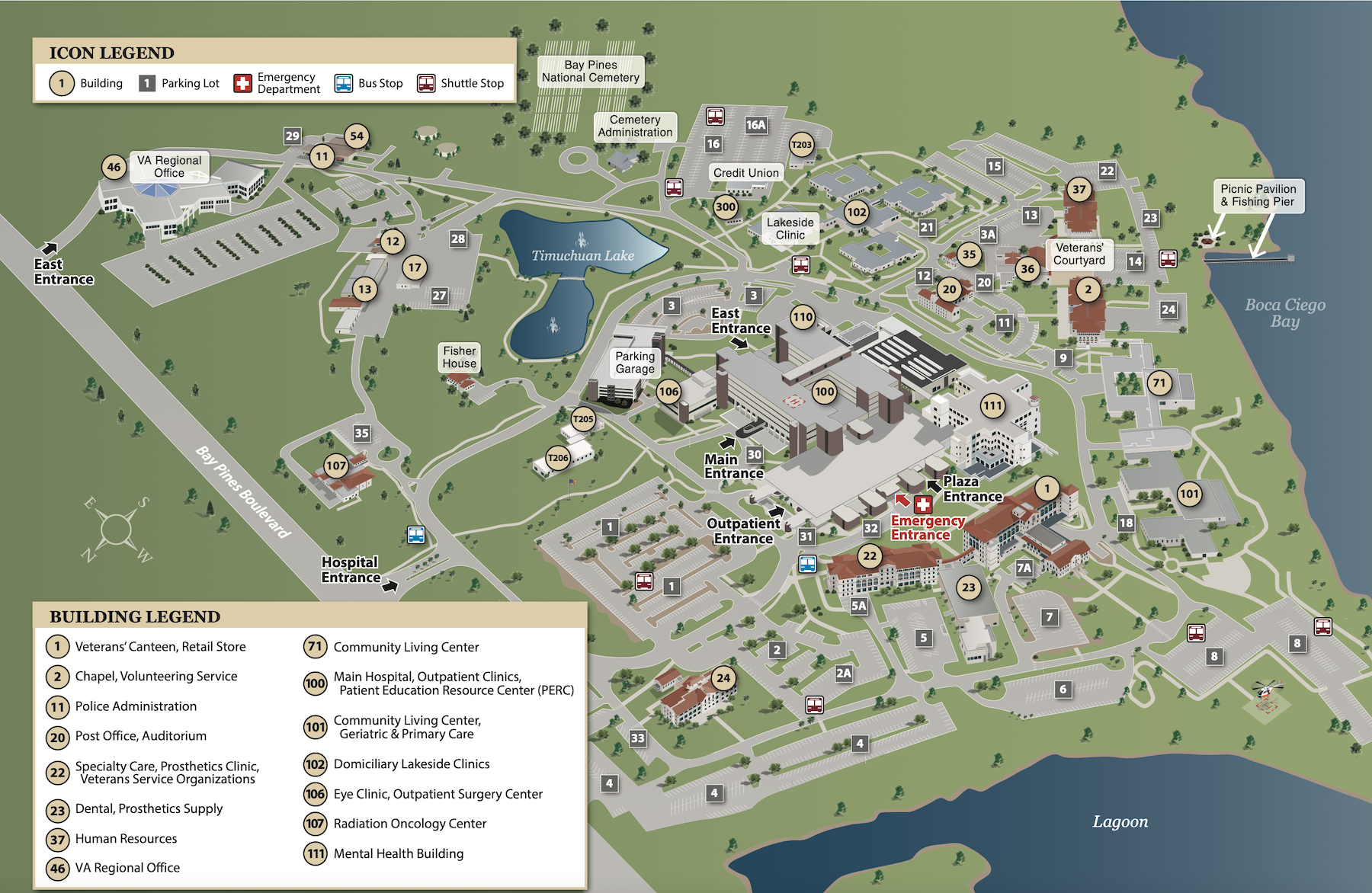
The renovation will strip the building down to its exterior walls. “This will allow [the building team] to swap up the layout of the floors and create a functional space for its future purpose” as an outpatient clinic, says Michael Skrobis, a Senior Project Manager with Robins & Morton.
The estimated construction cost of this renovation is $42 million. The Department of Veterans Affairs has also contracted the Eamon Chase-Robins & Morton JV to renovate an 18,000-sf kitchen in the campus’s main hospital (Building 100), at a cost of around $9 million.
Building One is listed on the National Register of Historic Places. And the project team has a connection to this building’s purpose, as a Service-Disabled Veteran Owned Small Business Mentor Protégé Joint Venture. “A project of this magnitude helps ensure that veterans will continue to receive the healthcare that they have earned,” says Eamon Chase’s president, Brett Sanborn, who is a U.S. Army veteran.
Related Stories
| Oct 30, 2014
CannonDesign releases guide for specifying flooring in healthcare settings
The new report, "Flooring Applications in Healthcare Settings," compares and contrasts different flooring types in the context of parameters such as health and safety impact, design and operational issues, environmental considerations, economics, and product options.
| Oct 30, 2014
Perkins Eastman and Lee, Burkhart, Liu to merge practices
The merger will significantly build upon the established practices—particularly healthcare—of both firms and diversify their combined expertise, particularly on the West Coast.
| Oct 21, 2014
Passive House concept gains momentum in apartment design
Passive House, an ultra-efficient building standard that originated in Germany, has been used for single-family homes since its inception in 1990. Only recently has the concept made its way into the U.S. commercial buildings market.
| Oct 21, 2014
Hartford Hospital plans $150 million expansion for Bone and Joint Institute
The bright-white structures will feature a curvilinear form, mimicking bones and ligament.
| Oct 16, 2014
Perkins+Will white paper examines alternatives to flame retardant building materials
The white paper includes a list of 193 flame retardants, including 29 discovered in building and household products, 50 found in the indoor environment, and 33 in human blood, milk, and tissues.
| Oct 15, 2014
Harvard launches ‘design-centric’ center for green buildings and cities
The impetus behind Harvard's Center for Green Buildings and Cities is what the design school’s dean, Mohsen Mostafavi, describes as a “rapidly urbanizing global economy,” in which cities are building new structures “on a massive scale.”
| Oct 13, 2014
Debunking the 5 myths of health data and sustainable design
The path to more extensive use of health data in green building is blocked by certain myths that have to be debunked before such data can be successfully incorporated into the project delivery process.
| Oct 12, 2014
AIA 2030 commitment: Five years on, are we any closer to net-zero?
This year marks the fifth anniversary of the American Institute of Architects’ effort to have architecture firms voluntarily pledge net-zero energy design for all their buildings by 2030.
| Oct 8, 2014
Massive ‘healthcare village’ in Nevada touted as world’s largest healthcare project
The $1.2 billion Union Village project is expected to create 12,000 permanent jobs when completed by 2024.
| Oct 3, 2014
Designing for women's health: Helping patients survive and thrive
In their quest for total wellness, women today are more savvy healthcare consumers than ever before. They expect personalized, top-notch clinical care with seamless coordination at a reasonable cost, and in a convenient location. Is that too much to ask?


